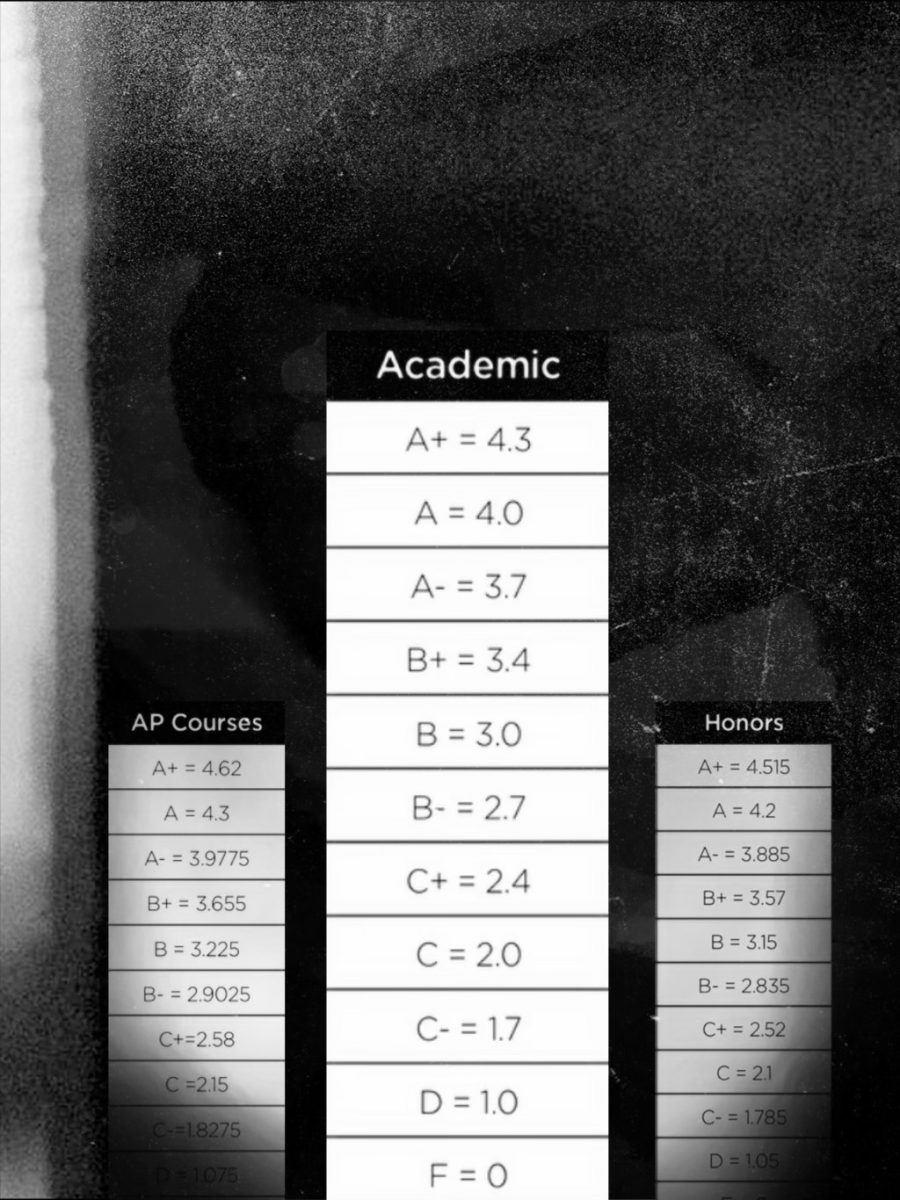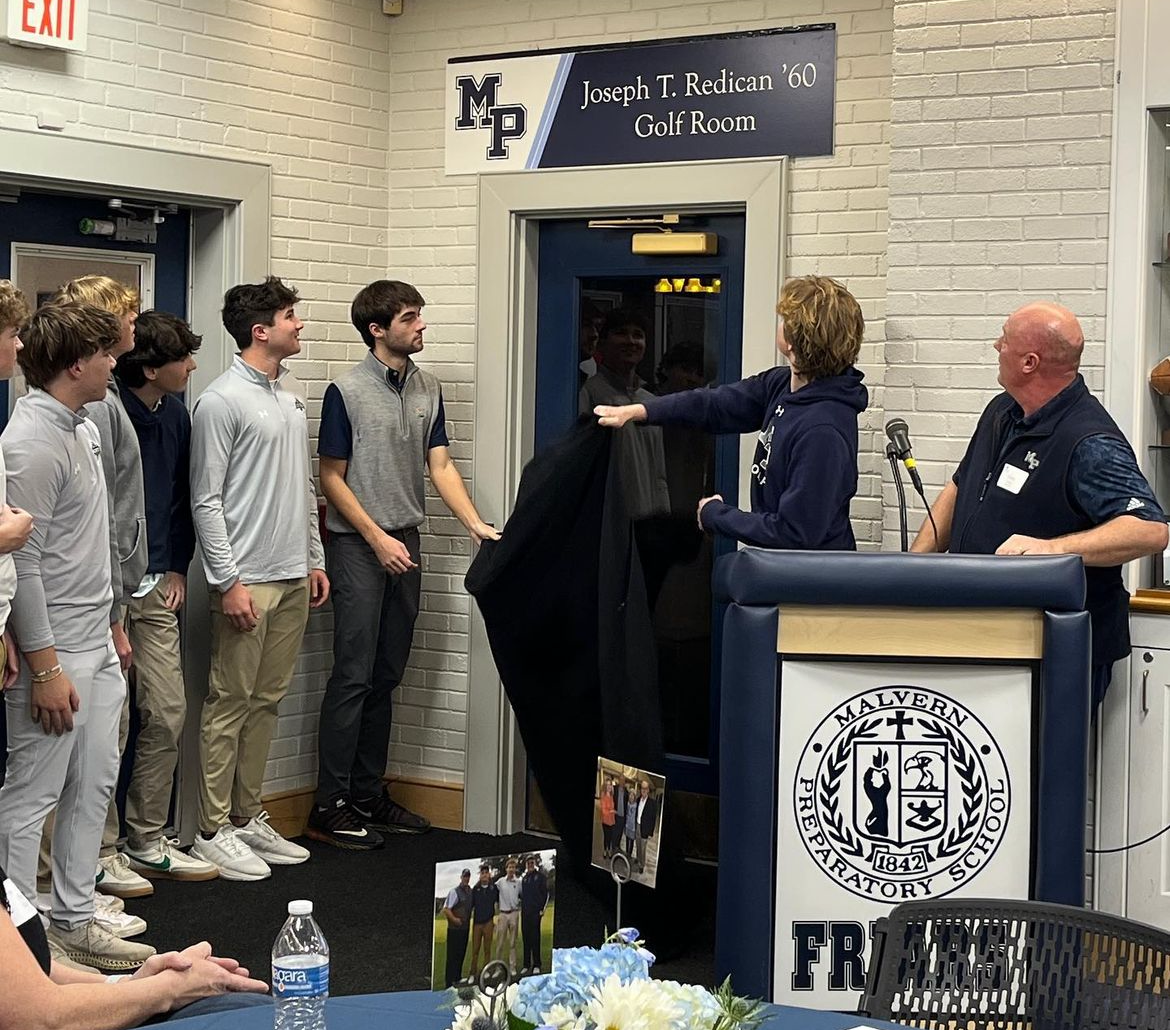
Last year, Malvern Prep began a new final assessment format where large projects took the place of tests in some subjects. Instead of having students complete a traditional final assessment, english, social studies, and science classes had projects instead.
Mr. Algeo confirmed what appears on the spring 2015 calendar – that language, science, and social studies classes are scheduled to have traditional tests, while english, math, and theology classes are scheduled to have projects instead.
Subjects with alternate assessments might also have students do something else in addition to the final project, but for a 4th quarter grade. For instance, a theology teacher might have students complete a cumulative test which would just count as a test, in addition to the final project.
The Editorial Board believes that diversity in assessment is important. We agree that projects and tests evaluate different aspects of learning.
A project assessment can determine a student’s ability to access information and apply the knowledge. A long term project tends to also further teach a student.
Students learn to use their classroom knowledge in context: using digital thermometers on a solar cooker, examining an actual stomach in a dissected pig, or learning to use computer software to graph speed over time for a physics project. These real world skills may not have been learned without a cumulative project assessment.
Long term projects also teach skills not solely applicable to the subject. Communication, making deadlines, thinking outside the box, planning, responsibility, and division of labor are some of the many important life skills learned and used in projects.
When questioned on the topic, Malvern alum Rory Magargee ‘10 said, “These skills are so important in the maturation process of any individual that will certainly prepare them well for college and real life scenarios.”
Magargee went on to say, “I think it is important for to at least expose Malvern students to long term projects that will force them the learn how to delegate the workload, how to meet deadlines, and how to communicate effectively.”
There is a high demand for workers with a mastery of those skills. Although classroom knowledge is valued, much of that information is available to modern workers through the internet. A worker’s value also includes the ability to apply the information and work with others towards a goal.
Projects, however, do have rather significant limitations. It can be difficult to make a project truly comprehensive of the entire year. While a test can ask short questions about a variety of topics covered by the class, a project is often limited in scope.
A traditional test has the benefit of being fast, straightforward, and relatively easy to grade. Tests can cover any topic from the class and are not limited in scope. A test, however, often fails to measure the student’s ability to apply the material to the real world. A calculus exam that asks a student to solve for simple derivatives can fall short in quizzing real world material.
The Editorial Board believes that there is value in both traditional tests and projects. We agree with the decision to include projects in the finals process, but we also suggest that more teachers use projects in midterms as well.
Studying for 6 finals or midterm tests can be just as difficult as completing 6 projects for finals or midterms. A 50/50 split in both midterms and finals would allow for a diversity of assessment methods and a less stressful experience for the student.
Editorial Board came to realize that many students have a strong preference towards projects or tests in particular classes. For example, a student may prefer a test in calculus over a project.
We suggest that, when possible, teachers give students the option to choose between a project and a test. If this choice isn’t possible on the level of midterms or finals, teachers should try to incorporate such options in the regular assessments of the classroom.







